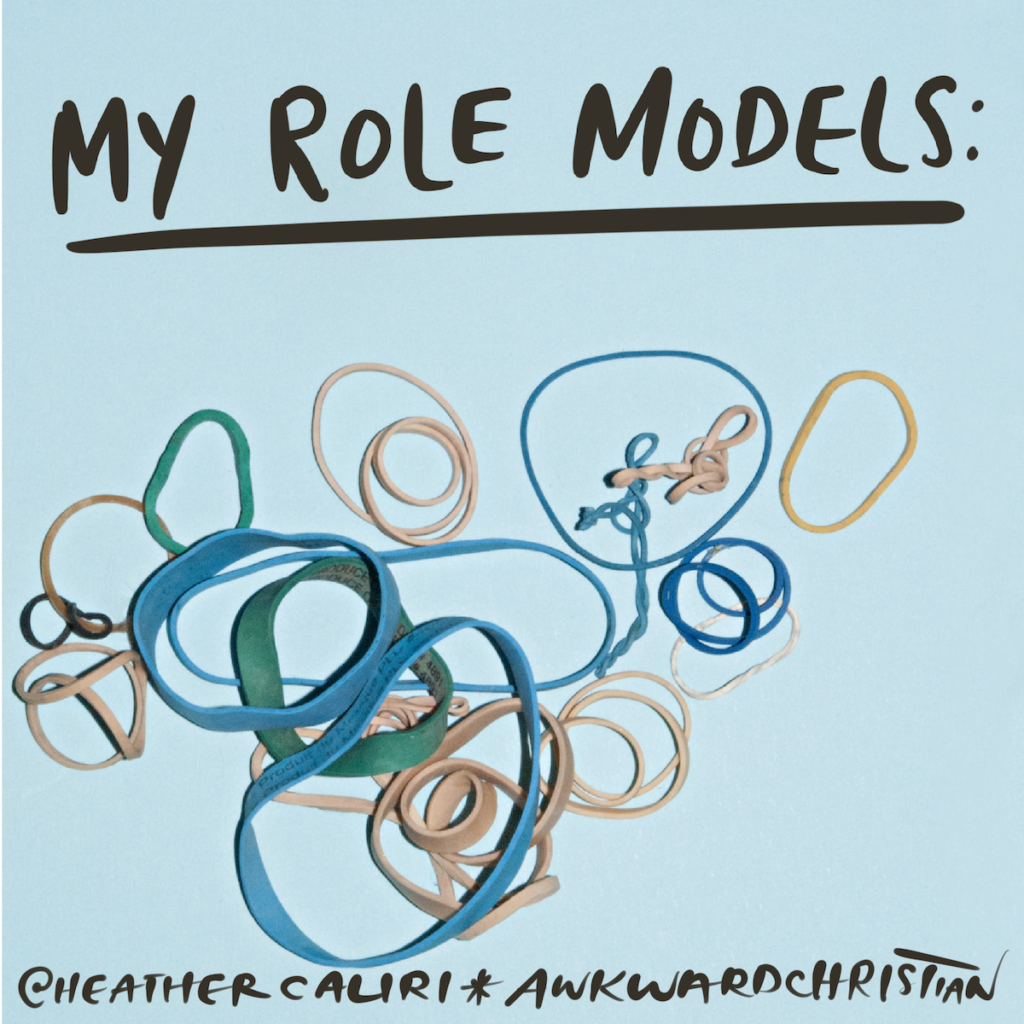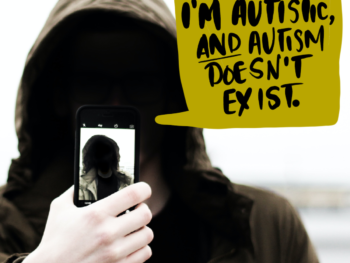
Today, I want to talk more flexibility, another important executive function. I struggle with this, big-time. Being rigid can feel like a nightmare. You can know your rigidity hurts people yet struggle to choose differently.
A brief recap: Last week, we discussed what executive function is (like an air-traffic controller for your brain). Then I dived into one aspect of executive function I struggle a lot with: working memory.)
Did you know flexibility helped manage your brain? I did not. I did, however, know I struggled with it.
I’ve wondered before if I have Obsessive Compulsive Disorder (a relative suspects it runs in the family), but now that I understand autism, I realize that what felt emotionally like OCD was actually rigidity.
Rigidity: There is no good-enough
Let’s talk about my worries about my humidifier. My husband looked at the danger of brain-eating bacteria, and was able to quickly rinse off and clean the thing every few days. He thought, “Good enough for now!”
I looked at the same problem and knew that if I did not get every last bit of bacteria-harboring calcium off the heating element and every component each day, it would make it hard for me to sleep at night.
There was no “good enough” short of perfectly correct, even if intellectually I knew I was being too rigid about it.
This is what I mean by inflexibility.
Rigidity can feel like a waking nightmare
My lack of flexibility is why, when I watched the series Monk (about a rather neurodivergent-seeming detective starring Tony Shaloub*), I felt a deep, deep discomfort. I got Monk in a way I did not want to get him. He just wanted people to do things right, and could not understand why they didn’t bother. Doing things right was his guiding star, even when it made him comically obtuse.
I really got that. Even though, unlike Monk, I take great pains to hide my rigid standards from people, because I know they don’t seem “normal.”
I can’t hide them from the people I live with and parent, though. And honestly, that has often filled me with a lot of shame. I saw how this kind of rigidity could become abusive when I was little. I don’t know if or how much neurodiversity plays into my family story. But it’s certainly a possibility. The idea of allowing my rigidity to harm my kids, or anyone else, feels like a waking nightmare.
Again: you can know your rigidity hurts people yet struggle to choose differently.
Even knowing this, any job not done to my standards feels awful. The “right way” is a compulsion, not really a choice. I can’t shake it off, I can’t not care. It feels personal. And the mental load of ignoring the “right way” drives me crazy. Better to NOT DO THE JOB than to have to remember, over and over, that I did it wrong.
What rigidity is not
Rigidity is not the same thing as perfectionism. I feel the same level of unease even after separating a task from my self-worth or identity. It’s not about ME. It’s about doing the THING the right way.
It’s also not the same thing as OCD. From what I’ve heard about OCD*, the compulsions are rituals that are attempts to manage to intrusive, out-of-control anxiety. They aren’t necessarily productive, these rituals. They aren’t practical. (People with OCD—feel free to chime in here and give me better info!)
In contrast, I don’t use disinfectants on a regular basis—I bought them for the first time in the pandemic, and didn’t really use them much. I don’t worry about brain-melting bacteria at all most days. I just worry about it when I read it on the instructions for the humidifier, and it says to clean it thoroughly every time. To NOT follow those instructions to the letter feels unthinkable.
One can know that one is rigid, and that the rigidity is unhelpful—and still struggle to choose differently. I get into internal arguments with myself all the time, begging myself to just care less, or to choose an easier way, and more often than not, I lose the argument (or win—it’s confusing to argue with yourself).
Rigidity doesn’t mean lack of empathy or self awareness
That’s where the show Monk falls short. The show assumes that Monk must simply lack empathy and self-awareness—otherwise, he’d choose differently. But that’s not my experience at all.
I am absolutely aware of how often my inflexibility has a negative impact on the people I love. I am also quite aware that it is (at least in theory) possible to do things differently, and self-aware enough to wish I could. But that empathy and self-awareness doesn’t always help. It just makes my myopia feel out of my control, shameful, and horrifying.
Learning to manage rigidity
Learning to manage my rigidity–instead of erase it–is one of the big gifts that an autism diagnosis is giving me. Rather than just thinking I’m an asshole who cares about doing things “right” more than about people, I’m seeing how legitimately hard it is for me to choose differently.
If that’s true, then I need help, not to try harder. To wit: I’m starting to tell my kids that, when I am being inflexible, to involve their father and ask him to talk me off of my ledge of rigidity. This is actually working better for us all.
I also need to notice that my attention to detail isn’t all bad—it’s one of the reasons I’m an excellent writer, editor and maker. It’s a strength and a weakness. Noticing the whole of me, instead of only noticing my downsides, feels far kinder than wondering why I can’t “do better.”
Are you desperate, like I was, to learn how to be kinder with yourself as-is?
Subscribe below and get kind, helpful info about making peace with ourselves in your inbox each month.*I really appreciated John Green’s interview with Terri Gross and his novel, Turtles All the Way Down.
*There’s a dearth of shows about neurodivergent people actually written by neurodivergent people, and the stereotypes that result (like in Monk) are actively unhelpful. Still, stereotypes often have a grain of truth in them, and Monk resonated with me in that way.
Photo by Michael Walter on Unsplash


